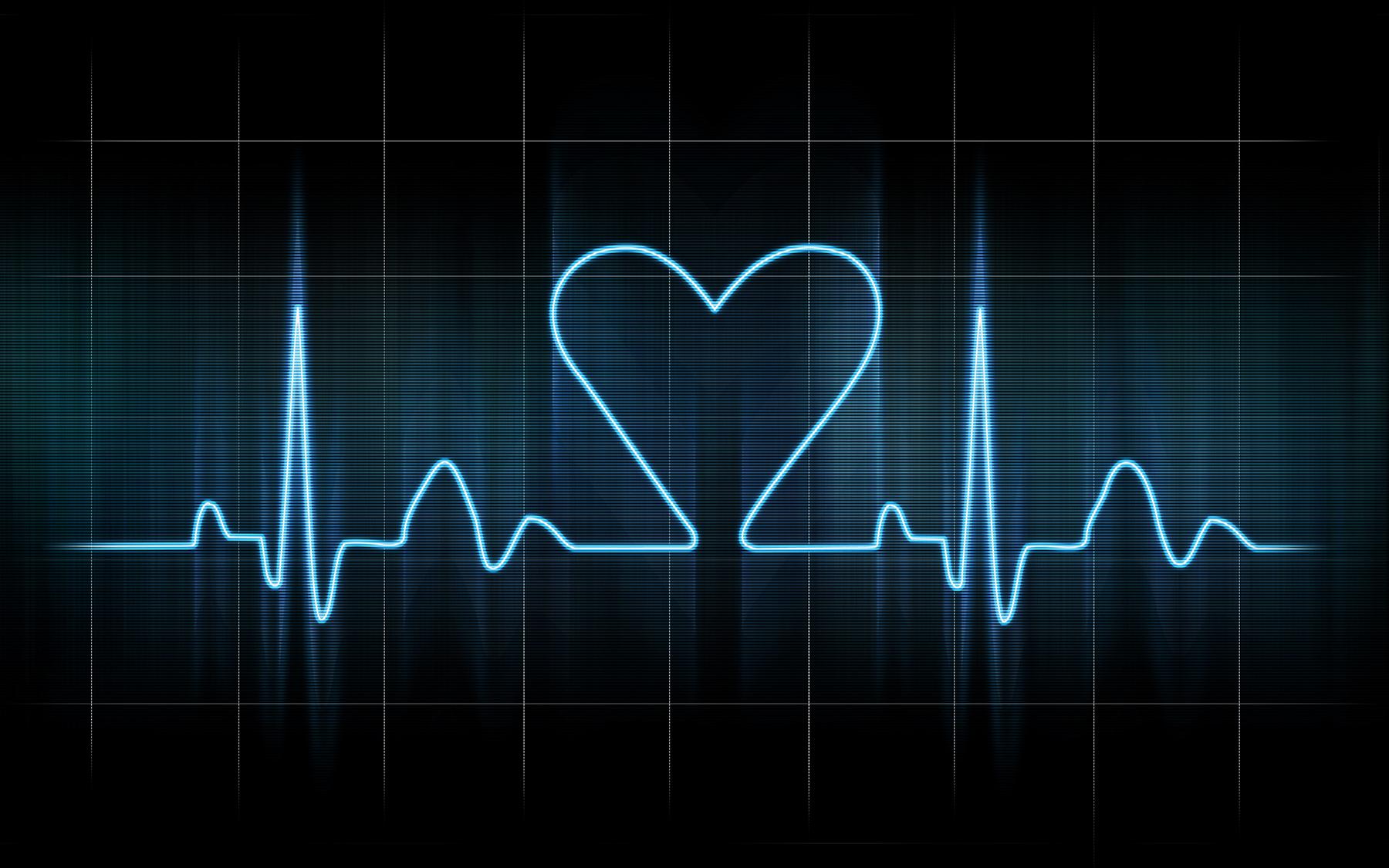The heart specialists at Blessing are experts at identifying your risk for atherosclerosis. We will create an appropriate treatment plan that reduces your risk of heart attack, stroke and other forms of heart disease.
Atherosclerosis and Heart Disease
Atherosclerosis occurs when plaque, comprised of cholesterol and fatty deposits, blocks the blood flow through an artery. These deposits restrict blood flow to your heart. Atherosclerosis can lead to heart problems, including:
Heart attacks, which occur when a blood clot or plaque forms in one of the heart’s arteries and blocks blood flow to the heart. Learn more about heart attacks.
Strokes, which happen when a blood clot forms in a blood vessel that carries oxygen to the brain or when a blood vessel ruptures. Learn more about stroke.
Signs of Heart Disease
Some people are unaware they have heart disease until they have a heart attack or other problem. Common signs of heart disease include:
Chest pain
Shortness of breath
Pain in the neck, throat, jaw, upper abdomen or back
Causes of Heart Disease
Certain risk factors increase your chances of developing atherosclerosis and heart disease. Possible causes include:
High blood pressure (hypertension)
High blood cholesterol
Smoking
Excess weight
Inactivity
A family history of heart disease
Age (more common in people ages 55 and older)
Diagnosing Heart Disease
If a physical exam and evaluation of symptoms indicate that you might have heart disease, your doctor may ask you to undergo one or more of the following diagnostic tests:
Electrocardiogram (EKG/ECG): This noninvasive procedure measures and records your heart’s electrical activity. The reading shows whether your heart is enlarged, has an irregular heartbeat or if there are signs of damage to the heart muscle.
Echocardiogram (echo): This noninvasive ultrasound procedure measures your heart’s pumping action. It also shows detailed images of your heart’s function and structure.
Coronary angiogram: Your doctor inserts a small hollow tube called a catheter into an artery in your groin or arm. Your doctor uses the catheter to inject contrast dye into your coronary arteries. The dye flows into the blood vessels of your heart, and any blockages show up on special X-rays.
Stress test: Your doctor monitors your heart rate as you walk on a treadmill. If you are unable to walk, you may take a medication to stimulate a similar effect. A stress test can detect artery disease and gauge your heart’s response to exertion.
Chest X-rays: These images show if your heart is enlarged due to possible heart failure or other problem like high blood pressure. An X-ray can also show if a lung disorder is causing symptoms unrelated to heart disease.
Blood tests: Your doctor may check for elevated levels of cholesterol, blood sugar and fats in your blood. High levels can increase your risk of heart disease.
Treatments for Heart Disease
At Blessing, our heart specialists develop treatment plans based on your individual needs and condition. We offer a range of life-saving treatments including medication, heart surgery and heart-saving devices like pacemakers and implantable cardioverter defibrillators (ICD). Learn more about heart services at Blessing.
Contact Us
To schedule an appointment with a cardiologist, please call 217-214-3424. To view upcoming heart related events please click here.

